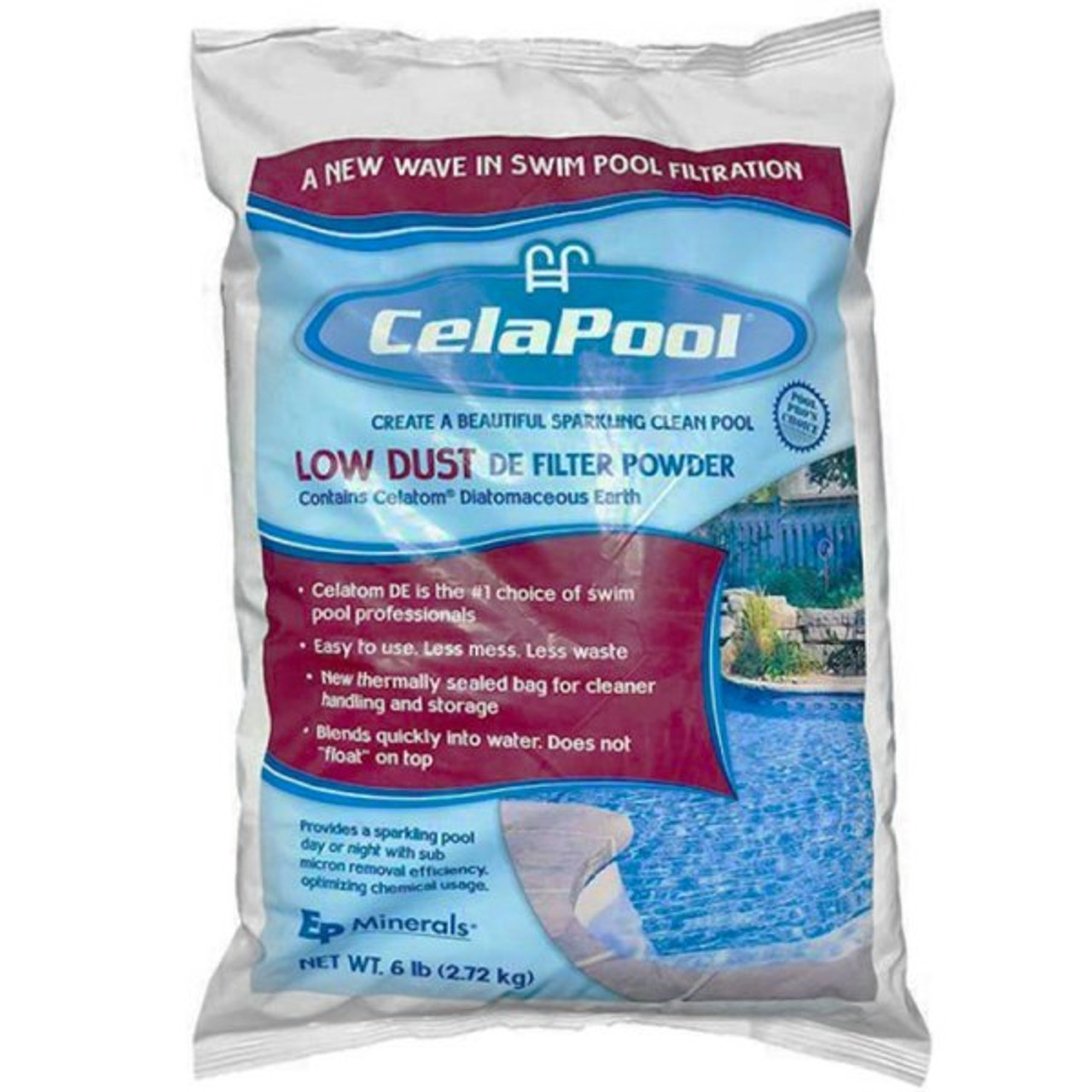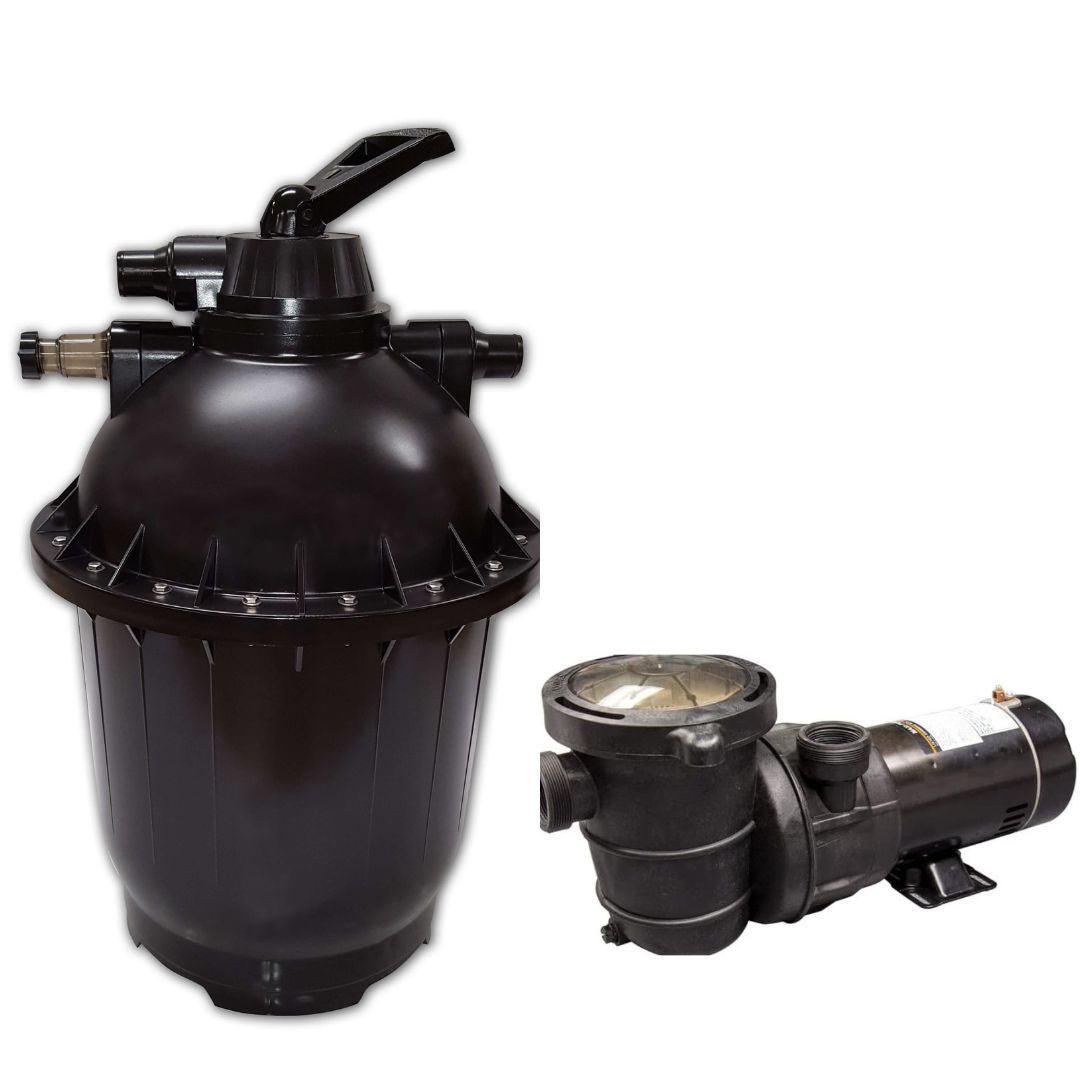Diatomaceous Earth Filtering: Why It’s a Must-Have for Your Water Filtration System
Diatomaceous Earth Filtering: Why It’s a Must-Have for Your Water Filtration System
Blog Article
Unlocking the Perks of Diatomaceous Earth Filtering System for Pure and Clean Water
The exploration of diatomaceous earth (DE) filtering system presents a compelling choice for those looking for lasting and efficient water filtration approaches. As the demand for tidy water continues to increase internationally, comprehending the complex applications and advantages of DE filters might expose vital understandings for both household and commercial usage.
What Is Diatomaceous Planet?
Diatomaceous planet, often described as DE, is a naturally taking place sedimentary rock made up primarily of the fossilized remains of little, aquatic microorganisms referred to as diatoms. These single-celled algae are rich in silica, which is the main component of DE. The special structure of diatomaceous planet includes microscopic, permeable particles that give a high area, making it a reliable filtering medium.
DE is usually gathered from ancient lake beds and down payments, which have accumulated over hundreds of years. It looks like a fine, white to off-white powder, and its chemical composition mainly consists of silicon dioxide, in addition to trace amounts of numerous minerals. This structure is what gives DE its remarkable residential or commercial properties.
Along with its application in water filtering, diatomaceous planet is utilized in a range of industries, consisting of agriculture, food storage space, and insect control. Its capacity to absorb wetness and its abrasive top qualities make it an important source in these areas. In general, diatomaceous earth attracts attention as an eco-friendly alternative for numerous applications due to its natural beginning and effectiveness in filtration procedures.

Exactly How Diatomaceous Planet Filtering Works

When water travels through a diatomaceous planet filter, the great particles are caught in the intricate network of small pores. The shapes and size of these pores are crucial, as they are developed to target details contaminants while enabling clean water to flow through. As water steps through the filter tool, the mechanical action of the diatomaceous earth captures larger bits, while smaller sized contaminants are soaked up or physically obstructed.
Additionally, the surface offered by diatomaceous planet is considerable, enhancing its ability to hold pollutants. This causes a progressive accumulation of caught particles, which can be occasionally gotten rid of with a backwashing process. This method ensures consistent filtering efficiency and adds to the total efficiency of preserving pure and clean water.
Advantages Over Conventional Filtration
When comparing diatomaceous planet filtering to standard filtering methods, a number of advantages emerge that enhance water filtration performance. Among the primary advantages is the superior my blog filtering ability of diatomaceous earth (DE), which can eliminate smaller fragments and pollutants that standard filters might miss. The tiny structure of DE allows it to catch pollutants, consisting of bacteria and protozoa, resulting in cleaner water.
In addition, diatomaceous earth filters tend to have a much longer life-span than conventional media, decreasing the frequency of substitute and upkeep. This longevity not only reduces operational prices yet likewise decreases waste, contributing to even more lasting techniques. DE filters also run at reduced pressure, which can cause energy cost savings in large-scale applications.
An additional considerable advantage is the versatility of diatomaceous earth. It can be used successfully in numerous contexts, from community water therapy facilities to specialized industrial applications (diatomaceous earth filtering). The all-natural composition of DE makes it an eco-friendly alternative, without unsafe chemicals and pollutants typically related to artificial purification systems
Applications in Family and Market
Many applications of diatomaceous planet filtering system can be discovered in both family and industrial setups, highlighting its flexibility and performance in water purification. In residential environments, diatomaceous earth (DE) filters are typically used in swimming pools, efficiently recording particles and microorganisms, consequently keeping water clearness and health. In addition, numerous households utilize DE in home water filtration systems, where it serves to eliminate impurities, debris, and dangerous microorganisms, ensuring secure drinking water.
In industrial applications, diatomaceous earth filtering is essential to various markets, including food and beverage production, drugs, and wastewater treatment. In the food industry, DE is used in the filtration of beer and a glass of wine, assisting in the removal of yeast and other particulates while maintaining the beverage's flavor profile. Moreover, in wastewater therapy centers, DE filters play a critical role in boosting water quality by capturing contaminants and helping with the recycling of water sources.
The performance of diatomaceous planet in both household and commercial applications emphasizes its vital role in advertising tidy article source water accessibility, adding to public wellness, and sustaining lasting practices.

Selecting the Right DE Filter
Picking the ideal diatomaceous planet (DE) filter is necessary for guaranteeing ideal water purification, whether for industrial or property usage. diatomaceous earth filtering. The selection of a DE filter relies on numerous crucial variables, including the particular application, flow rate demands, and the preferred level of filtering
First, examine the volume of water to be filtered. For household use, smaller sized filters are enough, while commercial applications might necessitate bigger, high-capacity systems. Next, think about the circulation rate; it is very important to pick a filter that can handle the needed throughput without jeopardizing water quality.
In addition, review the filtration degree; DE filters come in numerous qualities, impacting the elimination of particulates and contaminations. For instance, higher-grade filters are perfect for applications needing strict pureness levels.
Last but not least, think about the upkeep needs and the accessibility of substitute DE powder. Filters that are simpler to preserve and have readily available materials will certainly reduce downtime and functional costs. By meticulously considering these aspects, one can choose a DE filter that fulfills certain needs, guaranteeing the shipment of safe and clean water.
Verdict
In recap, diatomaceous planet filtering system represents a considerable improvement web link in water purification technology, offering enhanced efficiency and performance in capturing contaminations. Accepting diatomaceous earth filtering can lead to enhanced public wellness results and higher accessibility to tidy water.
The expedition of diatomaceous earth (DE) filtering offers a compelling alternative for those seeking efficient and sustainable water purification approaches.When comparing diatomaceous planet filtering to conventional filtration methods, several benefits arise that improve water purification efficiency.Many applications of diatomaceous planet filtering system can be located in both family and commercial settings, highlighting its flexibility and performance in water purification. In property atmospheres, diatomaceous earth (DE) filters are commonly utilized in swimming pools, efficiently catching particles and bacteria, thus preserving water clearness and health. In wastewater treatment facilities, DE filters play an important function in improving water high quality by trapping impurities and assisting in the recycling of water sources.
Report this page